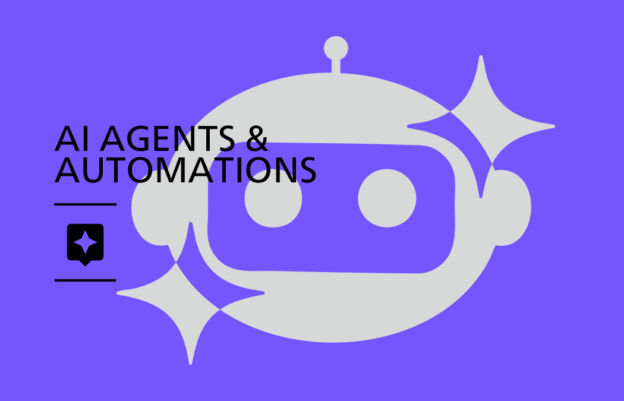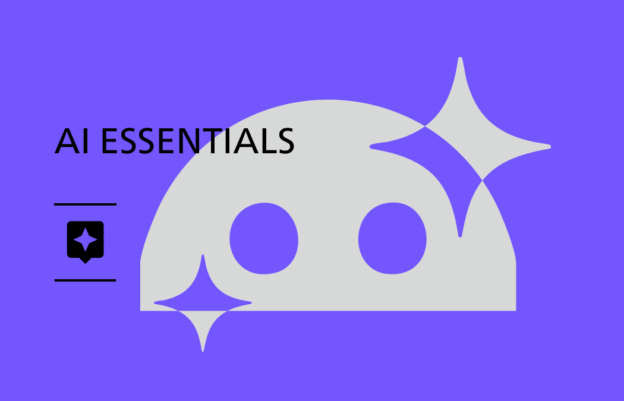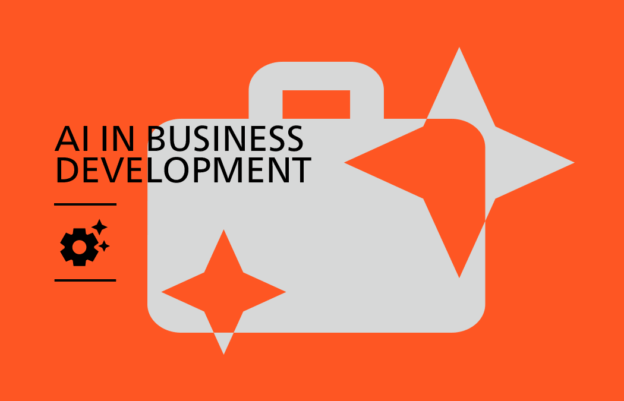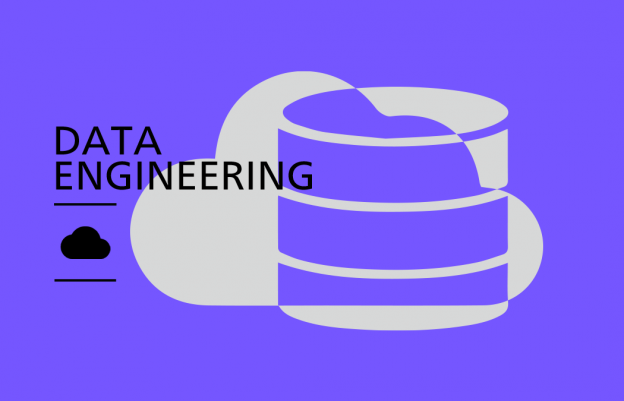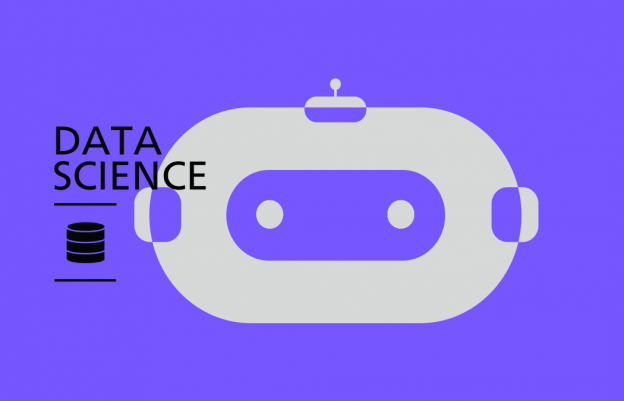
The program is entirely based on practical learning, allowing students to gain hands-on experience in designing test cases using various techniques and testing web and mobile applications. The course focuses on the full quality assurance process, different testing tools, and the tester's role in product development.
The program includes mentorship from the instructor, guiding students through real-world cases and practical exercises to develop essential technical skills needed for manual testing, identifying defects, and fixing them efficiently.
Throughout the course, students will complete independent practical assignments after each lecture and receive career development advice. By the end of the course, they will create an individual project.
Outcome
Skills Acquired: Manual Testing, Chrome DevTools, Basics of SQL, API, Testrail, Jira
-
Plan and execute various quality assurance activities and testing
-
Design test cases using different design techniques
-
Use tools for test case and bug management
-
Test web and mobile applications, as well as APIs
-
Select supporting tools for optimizing the testing process
-
Properly integrate QA processes into projects
-
Effectively manage defects
-
Utilize databases
-
Be prepared to take the ISTQB certification exam
Wend-Fri | 19:00-22:00
 TBC installment
TBC installment
 BOG installment
BOG installment
Who is this course for?

Beginners
The course is intended for all those people who want to get involved in the development processes of digital products and learn from 0 and/or deepen existing knowledge in this field.

Markup developers
Who want to use their knowledge in this direction and learn a new profession.

Interested in the IT field
Those who are motivated to take the first steps in the IT industry or are already working in this direction and want to acquire new skills.
Program includes
Alumni Club
Upon successful completion of the final exam, the graduate is automatically enrolled in the Alumni Club, and then gains access to exclusive events, content, and offers from our partner companies.
Work Based Learning
The course includes practice-based learning, including assignments/exercises and individual projects.
Bilingual Certification
Upon successful completion of the course, students will receive a bilingual certificate.
Graduate feedback
Syllabus
Pick your suitable time
Lecturers
Ina Utmelidze
Digital Product Testing
Ina Utmelidze
Digital Product Testing
Ina has four years of experience in quality assurance and is currently a guest lecturer at the Business and Technology University and Tbilisi State University, as well as a Quality Assurance Engineer at Ozorix. She holds a degree in Computer Engineering and actively mentors young professionals in the field. She has worked on projects across various industries, including real estate, stock exchanges, gambling, and banking systems, with companies such as Exactpro Systems, DataArt, Ozorix, and others.

FAQs for this course
Your search Digital Designer did not match any documents
Unable to locate relevant information?
Get Free consultationYou may interest
Relevant Resources
Show More7 Reasons Why Software Testing is Essential
Software testing is a method to determine if the actual software product meets expected requirements and is free from defects. It involves running components of a software system manually or using automated tools to evaluate their properties.The goal of software testing is to find errors, bugs, or missing requirements. When a software development project is underway, you should know that errors can appear at any phase of this cycle. Thus, the importance of quality assurance cannot be ignored.The prerequisite for software testing is to identify problems before a critical environment emerges. A properly tested software product ensures reliability, security, and high performance, which leads to time savings, cost-effectiveness, and customer satisfaction.Due to its necessity, software testing is quite a relevant process. Therefore, in this blog, you'll learn about the main reasons why software testing is really important: 1. It helps us save money Software testing has a wide range of benefits. If you discover any flaw in the early phase, it costs less to fix them. Therefore, project cost-effectiveness is one of the main reasons why companies use software testing services.When you hire quality analysts or testers who have great experience and have received technical education for projects, they are investments and the project will benefit. 2. Security Security is one of the important reasons why software testing should be considered. There are many situations where user information and details are stolen and used for other benefits, so people are looking for well-tested and reliable products.When a particular product undergoes testing, the user can be assured that they will receive a trusted product that will be secure. 3. Product quality To ensure the viability of a particular product, it must work consistently. Compliance with product requirements is a prerequisite that contributes to obtaining preliminary results. The product should always bring results to the user, therefore, it should function fully to effectively ensure user experience.It is also necessary to check device compatibility. For example, if you are planning to launch an application, it is necessary to check its compatibility with operating systems and a wide range of devices. 4. User satisfaction The primary goal of the product owner is user satisfaction. The reasons for choosing software testing are due to the fact that it offers you a complete user experience in advance.Gaining client trust is certainly not an easy task, primarily if the product works in some cases and not in others. I'm sure you've had such an experience, which may have caused you to delete this application.Today the market is really saturated. Therefore, the first impression is really important and if you can't offer this to the user, they will find another product that will meet all their requirements. 5. Strengthening the development process With the help of quality assurance, you can find a wide range of errors so that they can be reproduced later. When you discover an error, it's easy to fix it. In addition, software testers should work in parallel with the development team, which further accelerates the development process. 6. Makes adding new features easier The more interconnected and old the code is, the harder it is to change. Testing counteracts this tendency and allows developers to confidently add new features. Changing old parts of the code base can be difficult for a new developer, but through testing, they will know if they have violated anything important. This will help them advance the software and defeat the competition. 7. Determining software performance A low-performing computer program or application can reduce your reputation in the market. If you bring a computer program to the market without testing, and after this the software performance does not meet the expectations or requirements of clients, it will be more difficult to convince them and gain their trust in the future. So, with the help of software testing, you will be able to check every aspect of the product. For example, with the help of software testing, it is possible to monitor whether the program matches your browser. Thus, if you discover an error during testing, you will have the opportunity to correct it immediately, which will reduce user dissatisfaction.Therefore, if learning Digital Product Testing & QA seems interesting to you and you want to gain new knowledge and experience in this direction, join us! Learn More about Digital Product Testing & QA Course
How to Become a QA Engineer (Tester)?
A Quality Assurance Engineer (QA Engineer or QA Tester) is responsible for ensuring new software products work correctly before they reach the end user. By testing applications and actively searching for problems, they ensure that all computer programs meet company standards.If you enjoy problem-solving and are interested in software, then you're in the right place, because in this blog I'll tell you everything about how you can become a QA engineer and what responsibilities come with this profession. Who is a QA Engineer? A QA engineer oversees the testing and quality management of computer programs before a product or application is released. People in this profession are often referred to as QA Engineers or QA Testers. To find and identify potential problems with new programs, they plan and implement testing at various stages of its development process. They work closely with the software development team on application testing and documentation to confirm that it works correctly before its public release. The QA engineer must also ensure that the software meets or exceeds both company and regulatory standards. What does a Quality Assurance Engineer do? A QA engineer oversees the entire process of developing a software product. They predict user behavior and write test cases for software to confirm that the application works correctly and meets standards. They are also a liaison between application users and programmers in the software development team.QA engineers perform a variety of tasks weekly or even daily. Here are some examples of their duties:Create guidelines for company quality standards;Ensure the product meets these standards;Implement automatic and manually controlled scripts;Study and determine possible ways to solve software errors;Monitor issues to ensure that the software creation team makes necessary corrections before the product is launched for the client;Keep detailed documentation of all test trials;Ensure the development team meets task deadlines;Conduct thorough security testing to ensure computer program and system security;Check if the product meets all government regulations and market guidelines;Manage the launch of computer programs or applications and monitor subsequent stages;Most QA engineers work in technology or financial industries, such as computer or electronic manufacturing, computer design companies, or software publishers. How to Become a QA Engineer Here are the steps you can take to become a QA engineer: 1. Choose which programming language to specialize in based on your desired field For QA engineer positions, it's recommended to learn coding in an object-oriented language (OOP) such as Java, C# or Python. Choose specific programming languages to learn based on the field you want to develop in. For example, a web QA engineer should know HTML, CSS, and JS. 2. Look for internships or contract positions While studying, look for internship opportunities or contract positions. These roles impact your resume, and a temporary contract position can be a good way to create a network of colleagues. 3. Develop and refine technical skills Technology is a rapidly changing field, so it's important to keep up with current trends and advances in the industry. Continue to develop your professional skills with self-study courses, many of which are available online. 4. Get a professional certificate Obtaining a professional certificate can create opportunities for higher-paying jobs. 5. Create a technical resume and software developer portfolio A technical resume, used in fields such as information technology, engineering, and computer science, includes your technical experience and skills that are important for the job position.A portfolio showcases your professional projects and achievements; it highlights your capabilities and experience for prospective employers. This is mainly a website where you describe in detail who you are, how to contact you, and reflects the best examples of projects you've completed. 6. Start job hunting and prepare for interviews When starting your job search, it's important to remember that a technical interview is a difficult process. In addition to preparing answers to standard interview questions, be ready to demonstrate experience in areas related to your specialty. Necessary Qualifications to Become a QA Engineer Organizations will have specific qualifications depending on the type of product developed, but there are some common qualifications for QA engineers:Understanding and application of quality assurance methodologies;Knowledge of testing and test planning with scripts and automation tools;Ability to create test cases for computer programs under development to check for errors in the code;Ability to identify and document errors found during testing;Knowledge and practice of Agile methodologies;QA engineers should be familiar with programming languages used to create computer programs. The most common programming languages they use are: Java, JavaScript, Python, Ruby, C, C#, PHP, Unix scripting. Skills Needed for a QA Engineer There's a wide range of skills necessary to become a successful QA engineer. The most important skills to develop in this position are: Attention to Detail Searching for software errors, following the entire process of fixing them, then trying to recreate them requires concentration on details and excellent observation skills. Throughout the process, it's necessary to meticulously study records, and this also requires a focus on details. Communication Skills Exceptional communication skills are necessary in various aspects. A QA engineer works closely with the software development team to ensure quality expectations are clear and also to ensure projects are completed on time. They are also intermediaries between the development team, project manager, and end client. Additionally, a QA engineer must have the ability to explain technical concepts to non-technical people.Written communication skills are also important, as a QA engineer must have excellent documentation and record-keeping skills. Research Skills To investigate and correct design flaws, a QA engineer must be able to use advanced research skills for gathering, analyzing, and interpreting information. Consistency and Endurance Patience and persistence are needed, as this specialty involves finding problems and making decisions. A QA engineer must be results-oriented and consistent. Time Management QA engineers must set strictly defined deadlines. They must also ensure that the entire team involved in the software development project meets all deadlines at every phase of the development process. Critical Thinking and Problem-Solving Skills A QA engineer must be able to identify errors and design problems and resolve them before product release. This requires enhanced analytical and critical thinking skills. Career Development As you know, the demand for people involved in the process of creating digital products is growing day by day, so it won't be surprising if I tell you that in Georgia, the average monthly salary for a quality assurance engineer position is 3000 GEL; and if you use freelance platforms, you can increase your income even more. For example, on Upwork, the average hourly rate for a QA engineer is $25.If you're interested in this profession after reading all this, it's important to know what career path lies ahead. One of the significant advantages of the QA Tester profession is the diverse work experience, so after mastering this profession, you can become:● Test Architect – Plans, directs, and gives strategic direction to testing for a specific product (or at an organizational level), also selects tools for testing and manages test data.● Test Analyst – The person who knows the product best. They create the test design, prepare test cases and test packages based on it, which helps prevent the detection of errors.● Test Manager – A person responsible for managing testing activities and resources, who evaluates the product to be tested, plans, directs, and manages its testing.● QA Team Lead – The actual leader of the above-mentioned branches, who is responsible for hiring staff and ensuring the team works effectively.As you can see, quality assurance is important in any field, so there is high demand for QA specialists. If you're interested in this field and have the skills you saw in the blog, join us! The Digital Product Testing & QA course will help you refine these skills. Learn More
QA Tester: Profession, Skills, Career Path
In this blog, I want to tell you about the profession, skills, and career path of a Quality Assurance Engineer, often known as a QA Engineer or QA Tester.The demand for digital products is growing day by day. People spend a significant part of their lives, approximately seven hours a day, in the online space. This is where they plan and conduct online meetings, trade, search, post information, and learn. Therefore, it's important that these operations are carried out quickly and without any interruptions. QA Tester: The Profession Not too long ago, the roles of tester and QA engineer in the development team were performed by various roles, whether it was a business analyst, project manager, or Product Owner.Today, one of the most important positions in the product creation process is held by the software assurance engineer, as they are the person responsible for making the digital product easy, uninterrupted, and pleasant to use.In other words, the main responsibility of a QA engineer is to investigate and study how well each functionality of the platform works. Skills To become a QA tester, you must possess skills such as:● Good communication skills● Attention to detail● Goal-orientation and diligence● Basic knowledge of English to be able to understand documents and materials Career Development As you know, the demand for people involved in the process of creating digital products is growing day by day. So it won't be surprising if I tell you that in Georgia, the average monthly salary for a quality assurance engineer position is 3000 GEL. If you also use freelance platforms, you can increase your income even more. For example, on Upwork, the average hourly rate for a QA engineer is $25.If you're interested in this profession after reading all this, it's important to know what career path lies ahead of you. One of the significant advantages of the QA Tester profession is the diverse work experience. After mastering this profession, you can become:● Test Architect – Plans, directs, and gives strategic direction to testing for a specific product (or at an organizational level), also selects tools for testing and manages test data.● Test Analyst – The person who knows the product best. They create the test design, prepare test cases and test packages based on it, which helps prevent the detection of errors.● Test Manager – A person responsible for managing testing activities and resources, who evaluates the product to be tested, plans, directs, and manages its testing.● QA Team Lead – The actual leader of the above-mentioned branches, who is responsible for hiring staff and ensuring the team works effectively. So, if you want to better understand why you should learn Digital Product Testing & QA, I'm leaving you a link to another interesting blog below. 5 Reasons Why to Learn Digital Product Testing & QA
 Beginner
Beginner  Live-online
Live-online

 Intermediate
Intermediate 